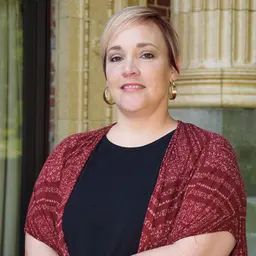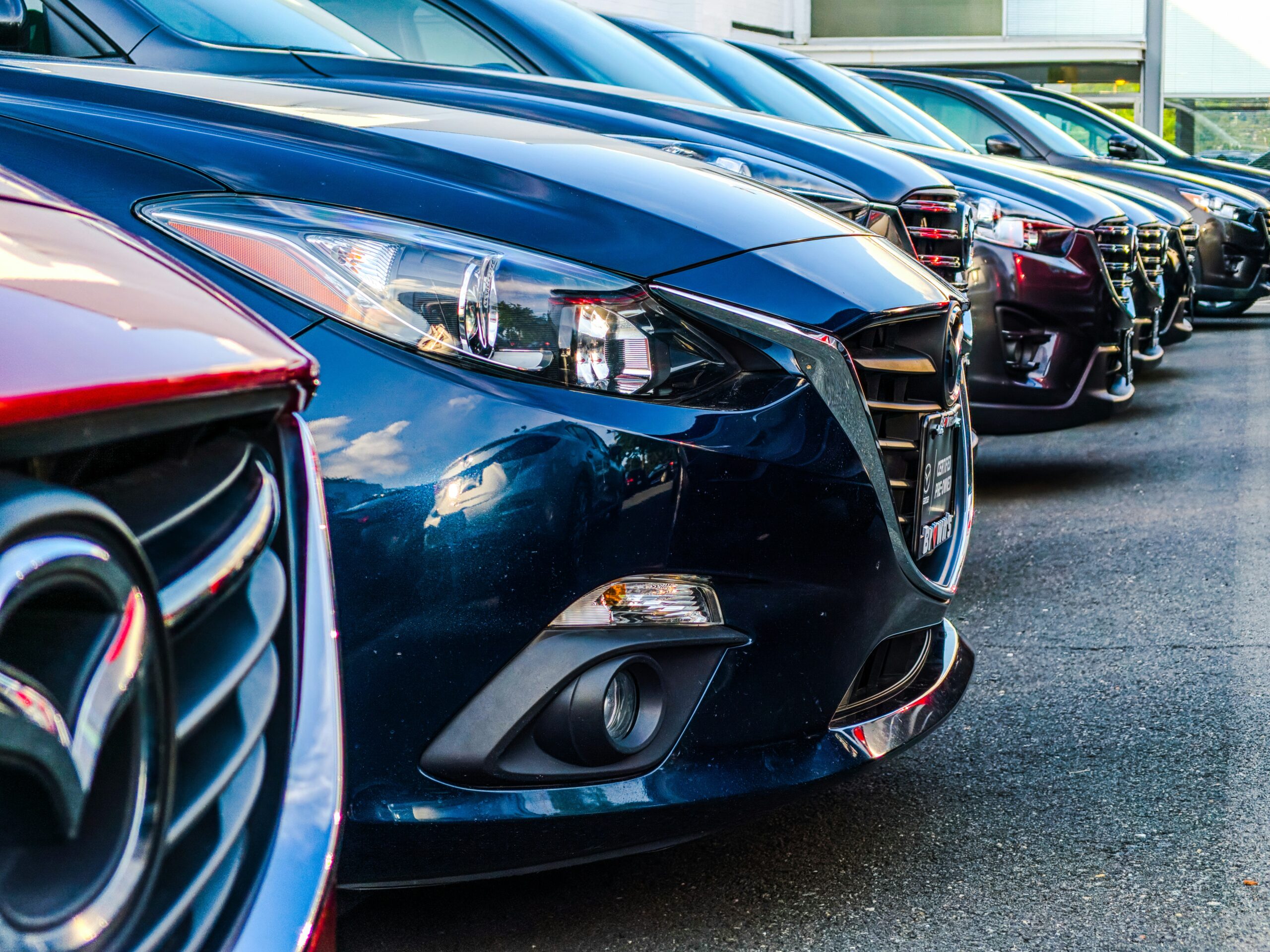On average, used car insurance costs $124 per month for minimum coverage and $269 per month for full coverage. However, these rates may vary based on your vehicle’s make and model year. To find accurate insurance rates for your used car, you’ll need to compare auto insurance quotes from different providers.
You don’t need car insurance to buy a used car—but you will need it to drive
You can sometimes buy a used car without insurance, but before you get in your new-to-you vehicle to drive home, you must have a policy in place.
When buying your vehicle from a lender, you’ll generally be required to provide proof of insurance to leave the dealership. And although a private seller might not check your insurance card when you buy a vehicle from them, it’s best to secure an auto insurance policy before picking up your used car—that way, you’ll be in accordance with car insurance laws, while also avoiding a possible lapse in coverage.
Is there a grace period for used car insurance?
When you buy a new car (used or not), your insurance provider will typically supply you with a grace period to add your vehicle to your existing policy. But even so, you should add any new vehicle purchase to your policy as soon as possible to avoid a potential lapse in coverage.
Building a used car insurance policy
When you’re shopping for car insurance, any policy you buy will include the minimum liability coverage required by your state. You can also choose to add physical damage for your own vehicle, often referred to as full-coverage car insurance.
The type of coverage you choose will depend on your state’s insurance requirements, personal driver needs, and vehicle lifespan.
Learn More: Liability vs full coverage car insurance
Minimum coverage car insurance for used cars
Every state has laws stating the minimum amount of car insurance required to drive. The most important type of car insurance that states require is liability car insurance, which covers expenses related to property damage liability and bodily injury liability for third parties after you cause an accident—and only up to your policy limits.
A minimum coverage car insurance policy—or liability-only policy—is generally the cheapest option. Drivers with used cars typically pay an average of $124 per month for the state minimum coverage, but you may be able to find it cheaper with these providers:
| Insurance company | Minimum coverage cost |
|---|---|
| Progressive | $65 |
| Mercury Auto | $70 |
| Allstate | $74 |
| AAA | $107 |
| Gainsco | $108 |
| Dairyland | $120 |
However, while liability coverage is cheaper than a full-coverage policy, it may not yield the best protection. This is because basic liability insurance only covers other drivers—not yourself.
If you’re involved in an accident and you only have liability insurance, you will be responsible for your own repairs and medical expenses. And if the other driver’s injuries and property damages exceed your liability limits, you may be held responsible for paying the remainder of their costs, as well.
As a result, most experts recommend drivers consider a full-coverage policy and higher liability limits. Most states require drivers to purchase liability coverage limits of 25/50/25—this refers to up to $25,000 for bodily injury to a single person, up to $50,000 for bodily injury from a single accident, and up to $25,000 for property damage costs from a single accident. Car insurance agents often recommend increasing your limits to 50/100/50 or 100/300/100.
“A general rule that I recommend is to carry enough coverage to protect your current and future assets – at least $100,000/$300,000 of liability coverage is recommended, but you may need more coverage depending on your financial situation.”

Full-coverage car insurance for used cars
A full-coverage policy generally comes with liability insurance, comprehensive coverage, and collision coverage to protect your vehicle from damage due to collisions, theft, vandalism, severe weather, and more.
Full-coverage policies with higher liability limits can be expensive, but shopping with these insurers can help negate the overall costs:
| Insurance company | Full coverage cost |
|---|---|
| Mercury Auto | $150 |
| Travelers | $157 |
| Clearcover | $167 |
| State Auto | $186 |
| Kemper | $211 |
| AAA | $215 |
Unless your car is fully paid for, you should plan on carrying a full-coverage insurance policy. Even once you own your vehicle outright, you will most likely be better served by full coverage than minimum coverage. Remember, if you’re buying your used car from a lender, you’ll likely be required to purchase a full-coverage policy to protect your vehicle from unexpected damages.
Other types of coverage for used cars
You can also add additional coverage options to your full coverage policy. If you own a used car, some add-ons can provide your vehicle with the extra protection it may need—especially if it’s over five years old. These include:
- Classic car insurance: If your used car is high value or vintage, you’ll want to check out classic car insurance. This coverage offers affordable specialized coverage for your unique vehicle.
- Full glass coverage: Full glass coverage is another optional type of car insurance. It often covers window repairs and windshield repairs with no deductible required.
- Mechanical breakdown insurance (MBI): When buying a used car from a dealership or lender, consider asking about MBI. This type of coverage will pay out for major vehicle failures, such as bad brakes, transmission problems, electrical wiring complications, and more.
- Medical payments insurance (MedPay): This car insurance add-on covers various medical expenses for you and your passengers after an accident. MedPay is a required coverage in Maine and New Hampshire.
- Personal Injury Protection (PIP): PIP pays for a variety of medical expenses following an accident. It generally covers a wider range of medical expenses than MedPay. PIP is required in certain states.
- Roadside assistance: Several car insurance companies, including Progressive and Travelers, offer roadside assistance (or towing and labor coverage) as an add-on insurance option. This coverage will pay for towing services, lockouts, flat tires, gas delivery, and more. If you opt to go with a roadside assistance provider, like AAA, you can get further aid with specific memberships.
- Underinsured/uninsured motorist coverage: This coverage will protect you financially if you are involved in an accident with someone who doesn’t have insurance or doesn’t have enough to cover your damages. Uninsured motorist coverage is required in some states.
Gap insurance covers the cost between your car’s actual cash value (ACV) and remaining loan amount at the time of a total loss. While it’s a good investment if you’re financing a used car, it may not be ideal if you bought from a private seller and own your car outright. Keep in mind that not all used cars are eligible for gap insurance—some companies require your vehicle to be less than three years old to qualify.
Average used car insurance costs
The average cost of car insurance for a used vehicle is $124 per month—or $1,500 per year—for a liability-only insurance policy. For full coverage, drivers pay an average of $269 per month, or $3,230 per year.
Technically speaking, your vehicle is used the moment the title is transferred at the dealership. Even a 2024 Tesla Model Y is considered “used” by dealers once it’s sold.
As your vehicle continues to age, it will depreciate in value. While liability insurance costs don’t change much as a vehicle ages, full-coverage auto insurance rates tend to fluctuate as the costs for repairs and replacement increase.
All in all, full-coverage rates on a common, less expensive vehicle, like a Toyota Camry, will usually decrease with age, while coverage for more expensive, less popular, or discontinued vehicles can increase over time.
To see just how your monthly rates can change over time, we used the same popular makes and broke down the data to determine the average cost of car insurance based on model year. Here’s what we found:
| Vehicle type | Model year (2022) | Model year (2021) | Model year (2020) |
|---|---|---|---|
| Honda Civic | $208 | $103 | $100 |
| Mazda CX-5 | $185 | $184 | $159 |
| Chevrolet Equinox | $190 | $172 | $178 |
| Toyota Camry | $214 | $173 | $176 |
| Tesla Model Y | $240 | $199 | $201 |
| Honda Accord | $219 | $192 | $174 |
The best car insurance companies for used cars
Not every car insurance company calculates rates in the same way. That’s why it’s important to request quotes from dozens of insurers before choosing a car insurance policy.
After reviewing thousands of real customer policies, we discovered that these auto insurance companies offer some of the cheapest car insurance premiums for drivers with used vehicles:
| Insurance company | Average monthly coverage cost |
|---|---|
| Nationwide | $142 |
| Mercury Auto | $145 |
| Clearcover | $161 |
| Madison Mutual | $175 |
| Safeco | $176 |
| Progressive | $188 |
| MAPFRE | $191 |
| National General | $197 |
| Direct Auto | $202 |
While it is often cheaper to insure a used car over a new car, this may not always be the case, especially if you own a luxury model.
For an accurate representation of your potential car insurance costs, turn to the Jerry app. After you create your account and select your coverage options, you can run quotes from dozens of providers, all tailored to your unique profile.
If you’re heading out to buy a used car, Jerry can provide you with same-day car insurance. Several of our top providers offer instant coverage, and the entire process, from quoting to securing a policy, takes under two hours.
Learn more: The best car insurance companies
FAQ
- Is it cheaper to insure a new car or a used car?
- What factors affect the cost of insurance for a used car?
- How do I transfer insurance to a new used car?
- Is it worth getting full coverage on an old car?
- Which type of insurance is best for an old car?
- Why is used car insurance cheaper?

Kianna Walpole is an insurance writer and editor with a comprehensive background in consumer behavior and online publishing. With experience in car insurance, maintenance, and repair, she is dedicated to building informative content that helps customers reduce costs while achieving the best service. Prior to joining the Jerry editorial team, Kianna worked as a junior editor in the content marketing industry, using consumer data and key insights to create and edit content for an array of large-scale clients in the real estate, cybersecurity, and healthcare industries.

Sarah Gray is an insurance writer with nearly a decade of experience in publishing and writing. Sarah specializes in writing articles that educate car owners and buyers on the full scope of car ownership—from shopping for and buying a new car to scrapping one that’s breathed its last and everything in between. Sarah has authored over 1,500 articles for Jerry on topics ranging from first-time buyer programs to how to get a salvage title for a totaled car. Prior to joining Jerry, Sarah was a full-time professor of English literature and composition with multiple academic writing publications.






